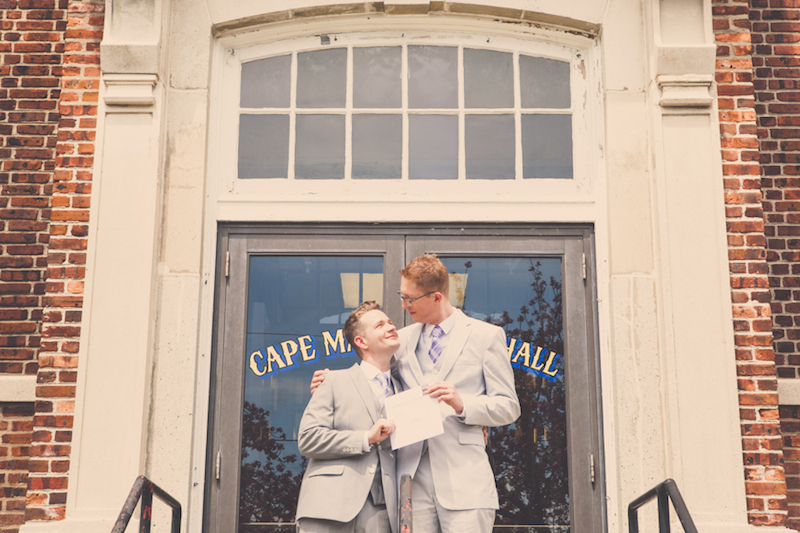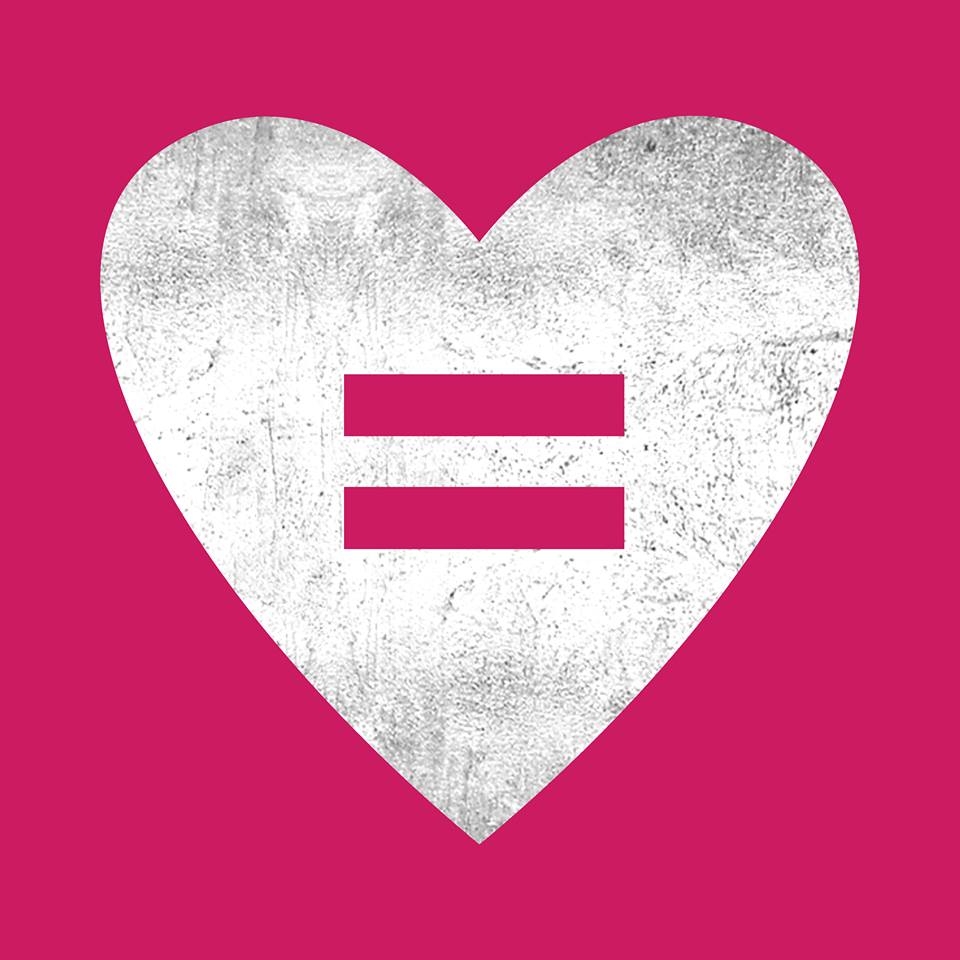An Estimated 780,000 Americans in Same-Sex Marriages

Approximately 0.3% of adults in the U.S. are married to a same-sex spouse, and another 0.5% identify as being in a same-sex domestic partnership. In examining the total population of 243 million U.S. adults, these survey estimates suggest nearly 2 million adults are part of a same-sex couple, of whom 780,000 are married.
These data are based on 80,568 interviews conducted on Gallup Daily tracking from Jan. 28-April 19, 2015, Overall, approximately 0.3% of all respondents during this time period both identified as lesbian, gay, bisexual or transgender (LGBT) and said they were married, and in a follow-up question, they indicated that they were married to a same-sex spouse. An additional 0.5% of adults identified as LGBT and reported being in a same-sex domestic partnership.
On Tuesday, April 28, the U.S. Supreme Court will hear oral arguments in a set of cases that challenge state bans on marriage for same-sex couples in Kentucky, Michigan, Ohio and Tennessee. This hearing comes two years after the court ruled that the federal Defense of Marriage Act, which prohibited the federal government from recognizing the marriages of same-sex couples, was unconstitutional. At that time, less than half of the states allowed same-sex couples to marry. Today, such marriages are legal in 37 states and the District of Columbia (though disparate rulings by federal and state courts in Alabama have put such marriages on hold there). This rapid legal change brought a surge in marriages among same-sex couples.
The 780,000 American adults who are estimated to be married to a same-sex spouse translates into approximately 390,000 same-sex married couples in the U.S. Similarly, the estimated 1.2 million adults living in a same-sex domestic partnership translates into 600,000 domestic partnership couples. Thus, there is a total of almost a million same-sex couples in the country, of which nearly four in 10 (39%) are married.
At 990,000, Gallup’s estimated number of same-sex married or domestic partner couples in the U.S. is significantly higher than past estimates derived from the U.S. Census Bureau’s American Community Survey (ACS), which in 2013 put the number of same-sex couples at roughly 727,000. Of this group, more than 250,000 reported they were married. The Census Bureau, however, has cautioned that the ACS estimates of married same-sex couples may not be reliable as they have determined that a large portion of recorded married same-sex couples may actually be married heterosexual couples who miscoded the sex of one of the spouses.
Separately, analyses of the Centers for Disease Control and Prevention’s 2013 National Health Interview Survey put the number of same-sex couples at 690,000, of whom about 130,000 were married by the end of the year. In either case, the number of married same-sex couples has appeared to increase substantially over the last year.
Bottom Line
The main question before the Supreme Court on Tuesday is whether same-sex couples have a constitutional right to marry. If the court decides the answer is yes when it issues its ruling (likely in June), this means marriage for same-sex couples would become legal in all U.S. states. If the answer is no, it is possible many states that now allow same-sex couples to marry could reinstitute bans. What reinstating bans on same-sex marriage might mean for currently married same-sex couples is not entirely clear.
A second question before the court is whether the 13 states that do not allow same-sex couples to marry must recognize the marriages of same-sex couples who live in those states but were legally married elsewhere. The Gallup data show that approximately 16% of adults who say they are married to a same-sex spouse, or more than 60,000 couples, live in one of the 13 states that do not legally permit same-sex couples to marry.
by Gary J. Gates and Frank Newport
Gary J. Gates is Blachford-Cooper Distinguished Scholar and Research Director at the Williams Institute, UCLA School of Law. A national expert in LGBT demographics, he has a Ph.D. in public policy from Heinz College, Carnegie Mellon University.
Survey Methods
Results for this Gallup poll are based on telephone interviews conducted Jan. 28-April 19, 2015, on the Gallup U.S. Daily survey, with a random sample of 80,568 adults, aged 18 and older, living in all 50 U.S. states and the District of Columbia, including 2,610 adults who identified as LGBT. For results based on the total sample of national adults, the margin of sampling error is ±1 percentage points at the 95% confidence level. All reported margins of sampling error include computed design effects for weighting.
Each sample of national adults includes a minimum quota of 50% cellphone respondents and 50% landline respondents, with additional minimum quotas by time zone within region. Landline and cellular telephone numbers are selected using random-digit-dial methods.
































